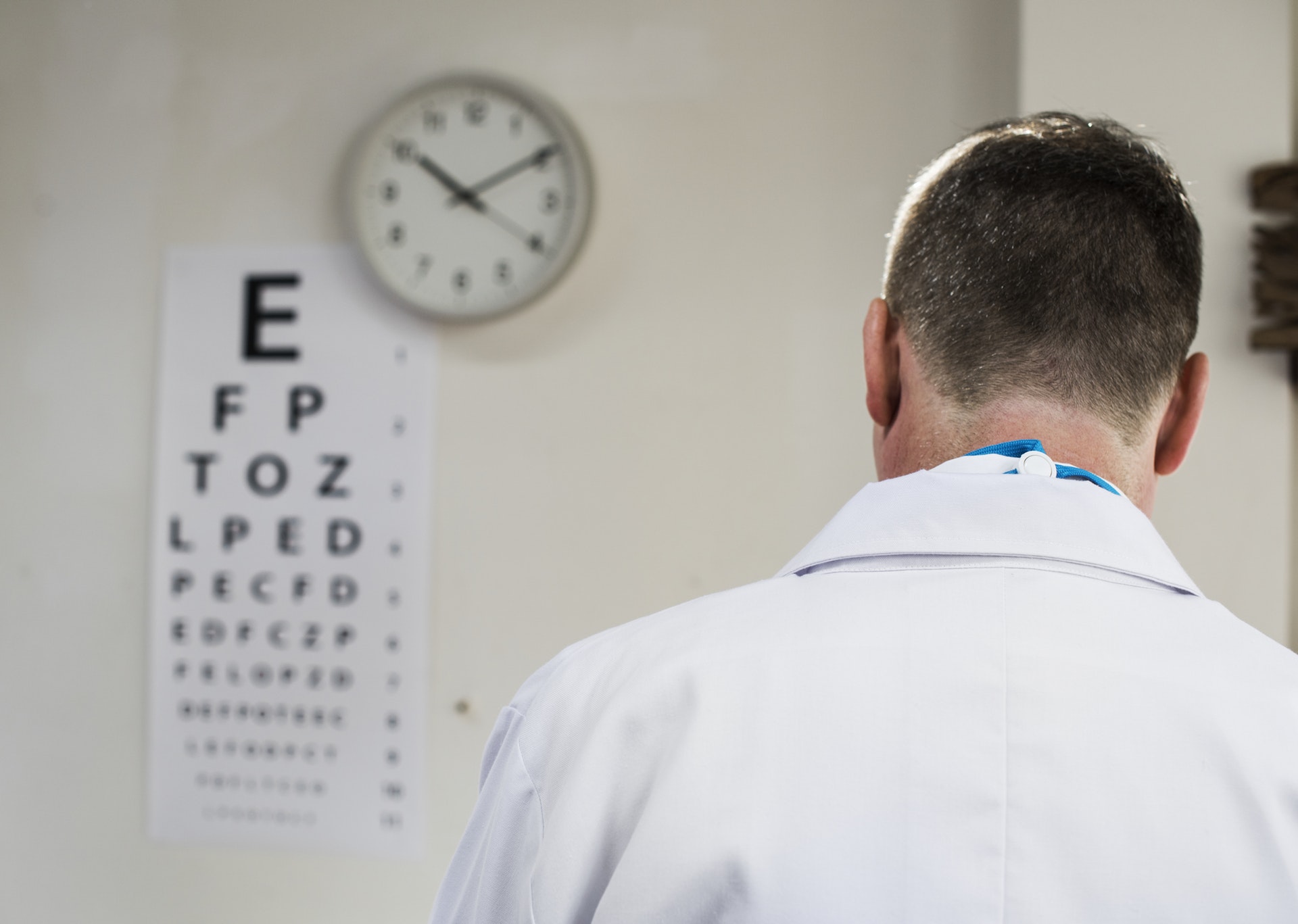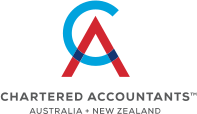A high-earning doctor in debt. Sound improbable? It’s more common than you may realise. Kym Nitschke, financial adviser for medical professionals in Adelaide and throughout Australia, explains how you can avoid and deal with debt as a doctor.
Doctors do have some unique financial challenges. Besides paying off higher education fees and other personal expenses, there are the costs for ongoing education and training, equipment expenses, insurances and business expenses for those who run their own practices.
Then there’s personal debts – that house, car and more …
Do you find all of this just a bit overwhelming?
Here’s how medical professionals can manage financial responsibilities and reduce stress by fighting and avoiding debt.
What Debts Do You Have?
What are your debts? Collect current statements to get an idea of how much you, to whom and when you have to pay it by. It sounds obvious, but many people simply don’t know their current financial position.
Common debts that doctors have include:
– Vehicle payments
– Student loans
– Mortgages
– Credit cards
– Business-related expenses
Losing track of what you owe will only lead to disorganisation that can plunge you further into debt with interest and late payment fees. Stay organised. Prioritise your debts based upon size and urgency. Add up what you need to pay each month at the very least, and then look to go beyond. You should always strive to pay more than just the minimum balance due or just the interest on a loan.
Once you know what you owe you’ll be ready to start your plan for paying it all off.
Set a Budget
A budget won’t limit your financial freedom, as we wrote here. Rather, a budget is likely your key to getting out of (and staying out of) debt. Prioritise paying off your debts each month by dedicating a large portion of your monthly budget to making those payments. If those payments are a regular part of your schedule, then you can predictably pay off your debts within a set number of months or years – set up automatic payments with your bank to make sure you’re committed!
Budgeting ensures that you can make the required loan payments on time, while living within your means to avoid getting into more debt.
You might prefer to live without having to budget every cent, but a little self-discipline in the short-term will pay off.
Keep an Eye on Your Cash Flow
Your income and expenses may vary wildly from month-to-month. This is especially true if you ever transition between being an employee and owning your own practice. If you’re just starting out, then you may have a hard time initially determining what you can afford and how to pay off debt.
This is all very normal in the beginning. You might not know how to apportion your income to pay off debt as well as pay for daily living expenses. Keep careful records of your spending habits and your taxes for that first year or two and use that as a reference to help you design a plan for battling debt.
Consider Debt Consolidation
Debt consolidation will let you roll all of your debts into one package, simplifying the process and usually saving you money. Speak to your accountant and finance broker about whether this is right for you (we offer this service at Nitschke Nancarrow).
Watch Out for ‘Lifestyle Inflation’
Just because you’re now earning more than you ever dreamed possible doesn’t mean that you should automatically spend every bit of it. Despite the temptation to raise your standard of living, you still need to prioritise paying off debt. You should only start thinking about a better lifestyle once you’re truly debt-free and have healthy spending habits.
Fight Against Peer Pressure!
Along with the natural desire to live in a way that reflects your means, you may experience unusually intense pressure from others to maintain a certain lifestyle. Friends and colleagues might make you feel that it’s normal to go into debt to try to maintain a high standard of living.
As a result, many doctors like you wind up in debt, not because of business expenses or loans, but because of poor personal spending decisions.
Earning a lot of money may give you a false sense of security. The high income makes you feel confident that you can afford a little more debt, a few extra expenses, a few more indulgences. When you conclude there’s no need to budget, it’s easy to lose control of your finances.
What’s more, many doctors find it easy to get approved for loans given their high incomes. Banks are happy to lend, lend, lend to a doctor like you. If you have a smart strategy under the guidance of an experienced financial adviser, you can use the bank’s money effectively. But borrowing more money isn’t the answer to getting out of debt.
If you make paying off your debts your primary financial goal and stick to a budget, you can successfully get on top of your debt and eliminate it from your life.
Nitschke Nancarrow offers a full service of financial advice, accounting and finance services for medical professionals.
Contact Nitschke Nancarrow managing partner Kym Nitschke for a free initial discussion about your situation. Call us on (08) 8379 9950 or send me an email.
– Kym Nitschke
The information contained on this web site is general in nature and does not take into account your personal situation. You should consider whether the information is appropriate to your needs, and where appropriate, seek professional advice from a financial adviser.
Taxation, legal and other matters referred to on this website are of a general nature only and are based on Nitschke Nancarrow’s interpretation of laws existing at the time and should not be relied upon in place of appropriate professional advice. Those laws may change from time to time.
Nitschke Nancarrow specialises in accounting, tax and financial advice for superannuation. Contact us now for a no obligations discussion about your needs.














